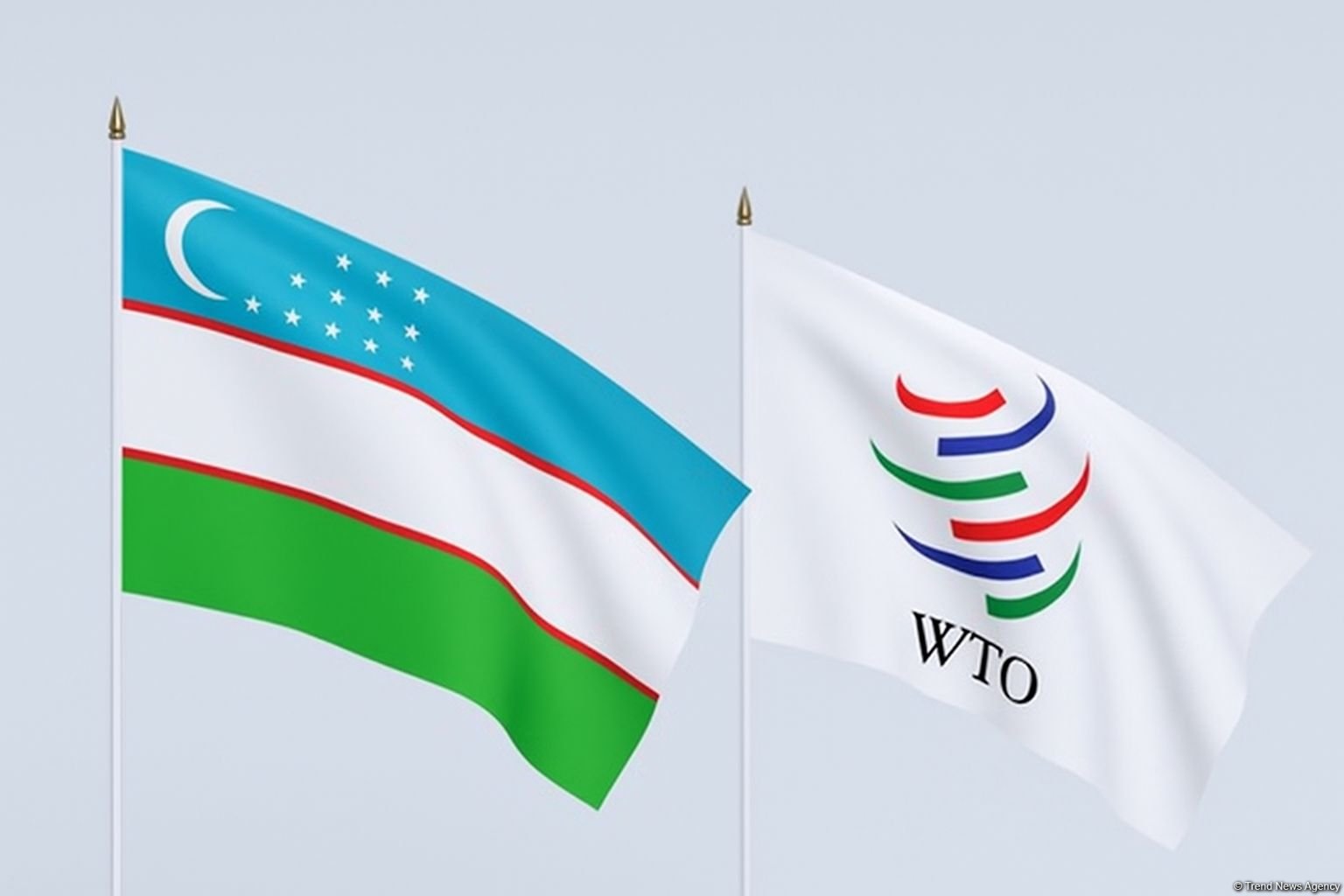TASHKENT, Uzbekistan, July 28. Against the backdrop of major changes in Uzbekistan's foreign policy, the country, under the leadership of President Shavkat Mirziyoyev, is steadily moving towards deeper integration into the global economy. Consistent implementation of reforms and openness have enabled Uzbekistan to reach a new level of international cooperation and secure the support of leading partners around the world.
One of the key priorities of this strategic course has been the renewed push for accession to the World Trade Organization (WTO). While negotiations for membership began as far back as 1994, it is during President Mirziyoyev’s tenure that the process has acquired a systematic, purposeful, and practical dimension. Thanks to the political will of the head of state, Uzbekistan has taken concrete steps toward alignment with the global trading system for the first time.
A clear symbol of steady progress in this direction was the recent visit of the Special Representative of the President on WTO Issues, Azizbek Urunov, to Switzerland. During the visit, a Protocol on the Conclusion of Market Access Negotiations was signed, another key step confirming Uzbekistan’s readiness for full WTO membership. Consequently, the country has now completed bilateral negotiations with 25 WTO members, including major economies such as China, the United States, and Türkiye.
In line with presidential directives, Uzbekistan has implemented sweeping reforms to align its national legislation with international standards. Dozens of new laws and regulatory acts have been adopted, trade regulation mechanisms have been revised, exclusive preferences for state-owned enterprises have been abolished, and customs procedures have been significantly simplified. These measures have demonstrated the country’s preparedness to comply with WTO rules and conduct foreign trade on transparent and mutually beneficial terms.
Experts note that WTO accession would unlock new export opportunities, particularly in Europe and Asia. Uzbekistan’s export profile is already shifting: from a reliance on raw cotton to a growing share of finished goods, especially textiles. In 2024, light industry exports surpassed $3 billion. The country’s inclusion in the EU’s GSP+ scheme has also boosted exports to Europe by 1.5 times.
President Mirziyoyev has set an ambitious goal to double exports of finished products within three years. Achieving this requires both increased production capacity and fair, rules-based access to international markets—something WTO membership is expected to facilitate.
Joining the WTO will grant Uzbekistan access to the markets of more than 160 countries, providing additional incentives for the development of export-oriented sectors such as textiles, chemicals, and construction. This, in turn, is expected to boost production volumes, expand export geography, and create new jobs.
In addition, WTO membership will strengthen Uzbekistan’s investment appeal by ensuring a predictable and transparent business environment, further reinforcing the country’s reputation as a stable and reliable partner for international investors.
Nevertheless, trade liberalization poses certain challenges, including increased competition for domestic producers, particularly in sectors focused on the local market. To cushion these effects, the government has introduced a support package featuring retraining programs, subsidies, and employment initiatives.
While legal and institutional reforms require time and resources, the associated risks are seen as manageable and predictable. The President has emphasized the importance of a gradual, balanced approach, ensuring that the interests of all stakeholders—from large enterprises to small entrepreneurs—are protected.
The results achieved so far in preparation for WTO accession are a direct outcome of the strategic course initiated and pursued by President Mirziyoyev. Profound economic reforms, increased foreign policy activity, and the successful conclusion of negotiations with key global trading partners underscore Tashkent's desire to strengthen Uzbekistan's position on the international stage.
Today, Uzbekistan is viewed as an open and modernization-oriented country that consistently pursues policies in the interests of its citizens and international cooperation. The anticipated completion of the negotiation process and WTO accession will mark a significant milestone in the country’s recent history, heralding a new phase in its socio-economic development and further integration into the global economy.







